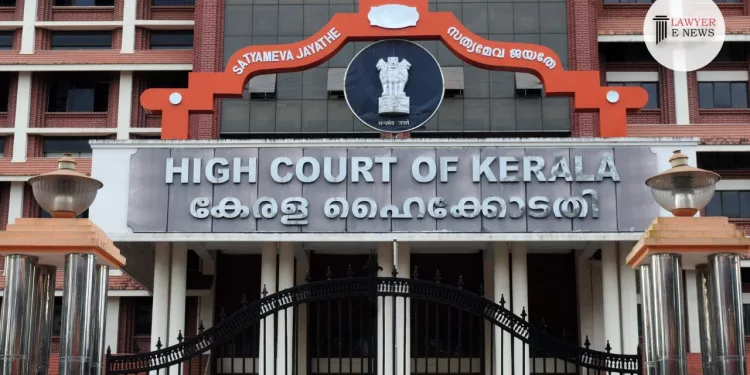DNA Tests on Adopted Children Born to Rape Victims Not a Legal Necessity, Infringe Right to Privacy: Kerala High Court

The Kerala High Court today ruled that DNA tests on adopted children born to rape victims are not a legal necessity and infringe upon the children’s right to privacy. The judgment emphasized that such tests should not be conducted as part of efforts to establish paternity in rape cases unless absolutely necessary.
Legal Context and Issues Arising:
This decision came in the wake of multiple lower court orders directing the collection of DNA samples from adopted children to aid in the prosecution of rape cases. The High Court was approached under Section 482 of the Code of Criminal Procedure read with Article 227 of the Constitution of India, questioning the legality of these orders In light of conflicting laws pertaining to the privacy and confidentiality rights of adopted children.
Detailed Assessment by the Court:
Violation of Privacy: The court held that DNA testing as a means to strengthen prosecution in rape cases infringes on the adopted child’s right to privacy, recognized under various legal provisions including the Juvenile Justice (Care and Protection of Children) Act, 2015, and the Adoption Regulations, 2022. The judgment noted, “The JJ Act and the Adoption Regulations both underscore the confidentiality and welfare of the adopted child, which are paramount.”
Legal Necessity and Proportionality: The court pointed out that the proof of paternity is not necessary to establish the crime of rape under relevant laws. Justice K. Babu referenced multiple precedents stressing the necessity and proportionality tests in ordering such invasive tests. He noted, “The use of DNA tests must be carefully considered, keeping in mind the potential psychological impact on the child.”
Guidelines Issued: The court issued guidelines limiting DNA tests on adopted children to exceptional cases where such tests are indispensable. The guidelines further instructed that any necessary DNA samples should be collected before the completion of the adoption process, ensuring the privacy of the child is not compromised post-adoption.
Decision of the Court: The court quashed all orders from various courts within Kerala that had previously directed DNA testing of adopted children in the context of rape investigations, deeming such orders unsustainable given the statutory and constitutional protections in place.
Date of Decision: 19th April 2024
MOTU vs. THE STATE OF KERALA






